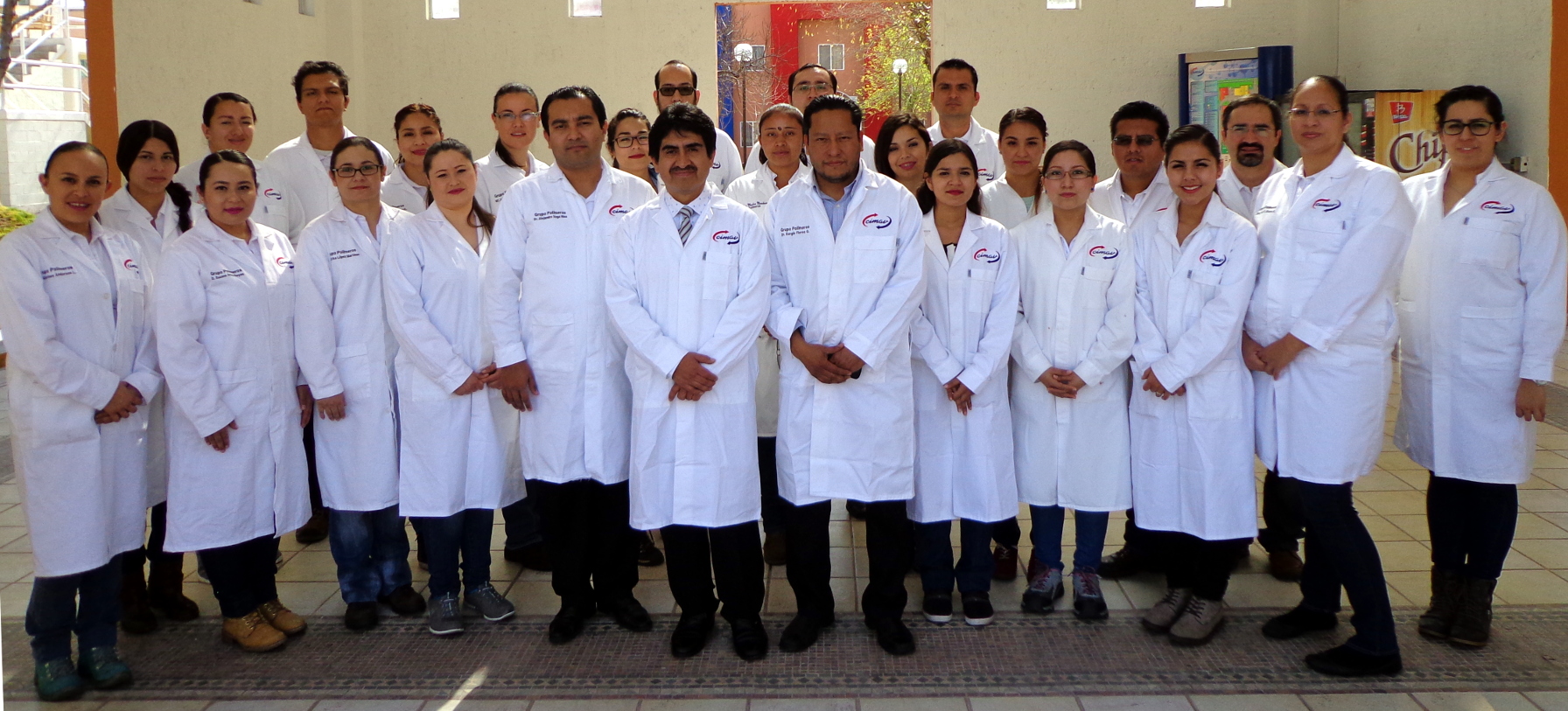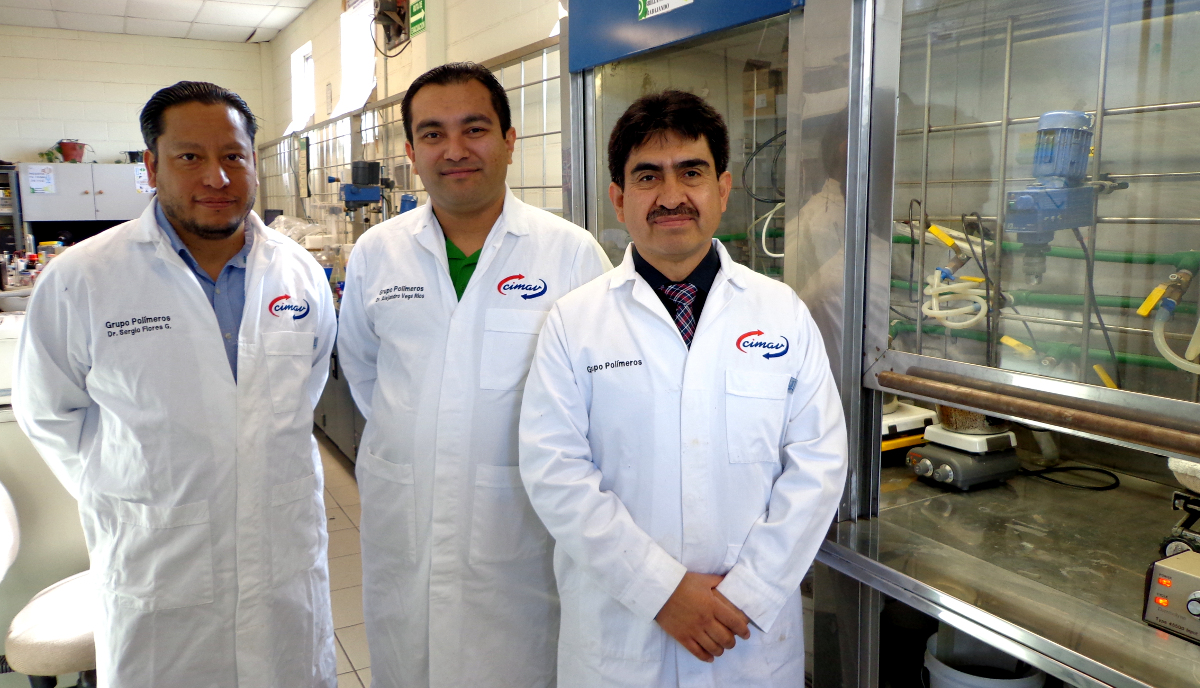High performance polymeric materials

The group of researchers specializing in polymers generates frontier knowledge from the research derived from the synthesis, characterization, processing, modification, and design of new functional, high performance polymeric materials for application in the industrial sector.
The contributions to the industrial sector that have been developed by this team are diverse, such as: acrylic resins for paints, sealants and adhesives through emulsion polymerization; composite materials from recycled polymers and polymer materials processing; vegetable-based inks; modification of polymeric materials; polymeric sensors; and extraction of raw materials from agro-industrial waste. These contributions are based on the ability to transfer basic knowledge to application, managing to establish the basis for developing polymeric, application-level materials in various industries.
Examples of these contributions:
The researchers managed to make inroads in the aviation and aerospace industry with the development of water-based adhesives. Some adhesives are used to bond leather or fabric with polyurethane foam, materials that make the aircraft passenger seats.
The adhesive is environmentally friendly, with more grip, has lighter weight and it also has the self-extinguishing property since it is fireproof, this means that it inhibits combustion and protects the material against fire.
The knowledge generated by this team – based on chemical synthesis- allowed to create other adhesives to provide greater stability to the package carrier at the time of transport.
Another scientific and technological development was the creation of ecological, soybean-oil based inks in order to apply them in offset printing. The Polymer Group is a national pioneer in developing and implementing this technology.
The economic benefit is that soy is cheap, easy to get and is grown in Mexico. The social benefit is that it favors the community that produces it. Here in Cimav, in addition to soybean oil, coconut and jatropha oils are being studied, products from wild plants of Chiapas.

- Development of Polymeric Sensors by chemical synthesis and mechanical processing.
- New polymeric materials with application to renewable energy.
- Polyolefin Base Composite Materials / Sawdust (Liquid Wood) and Biodegradable ones (PLA, water lily).
- Chain extenders for recycled materials.
- Synthesis and surface modification of polymers by reactive extrusion.
- Synthesis of cellulose nanocrystals modified with macro-RAFT as compatibilizing agents.
- Design and synthesis of rheology modifiers.
- Nano-templates of block copolymers of conjugated polymers in designing solar cells.
- Development of latexes with applications in the coatings industry.
- Chemical modification of polymer materials.
- Synthesis of electroconductive, electroactive and electrochromic polymers.